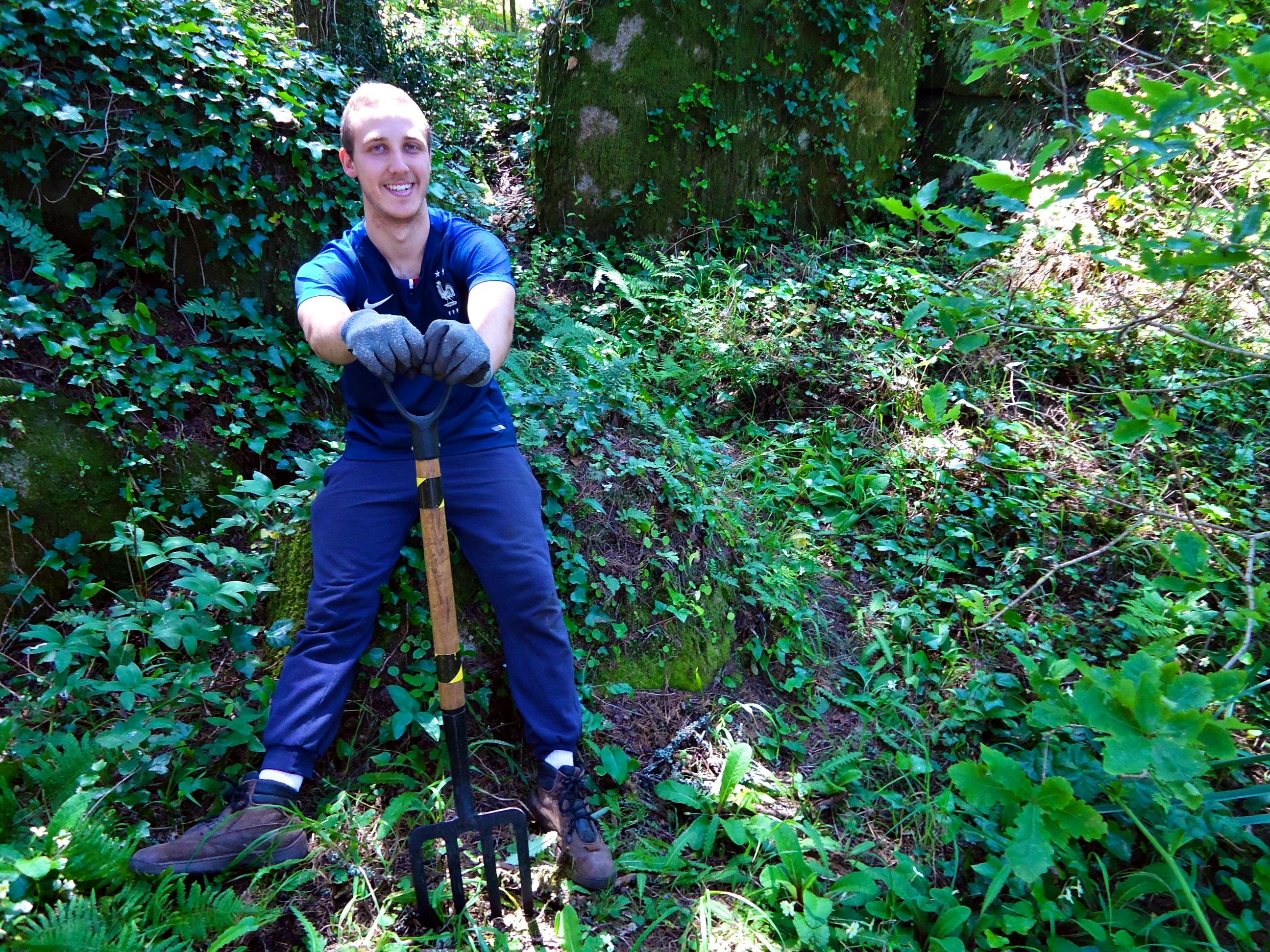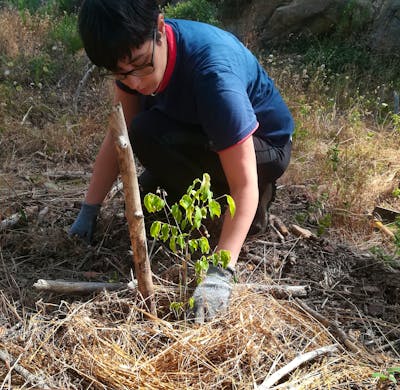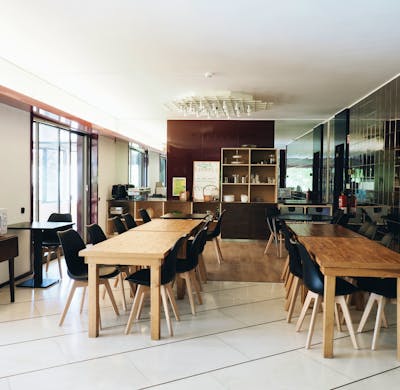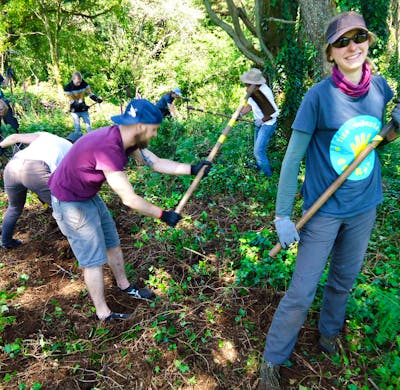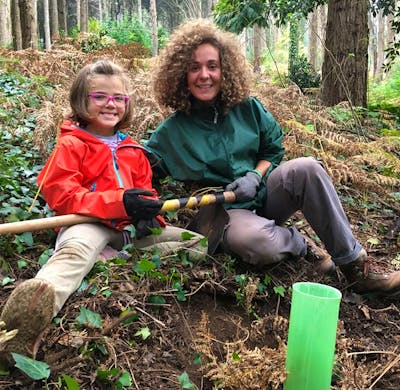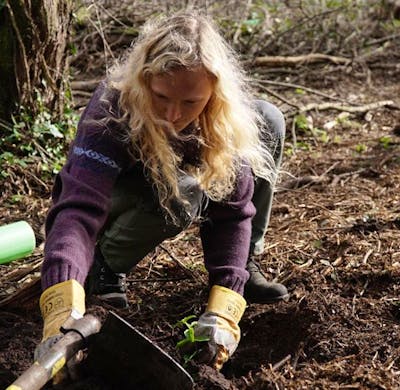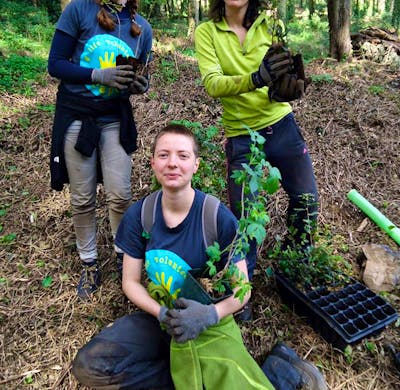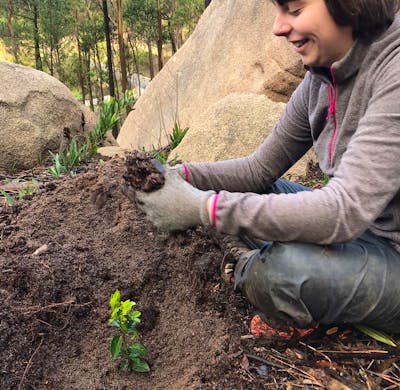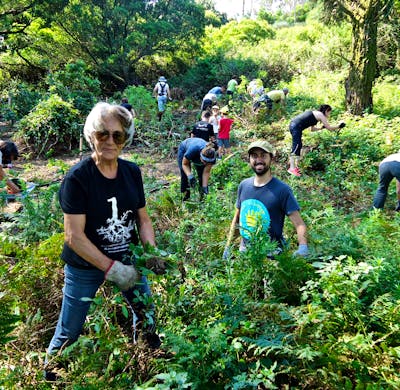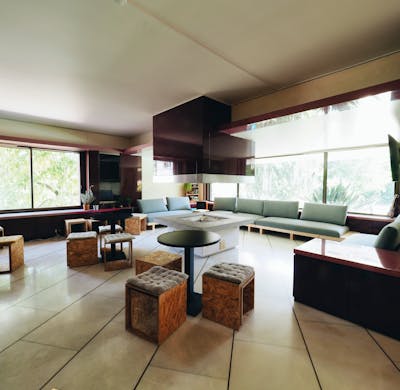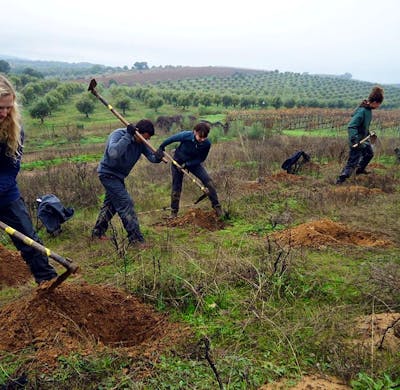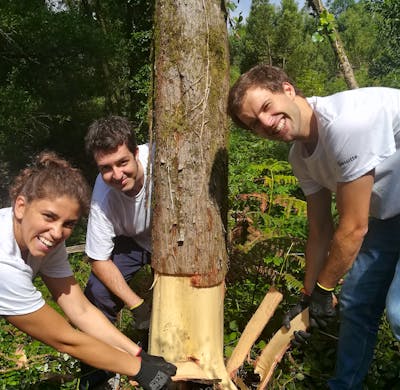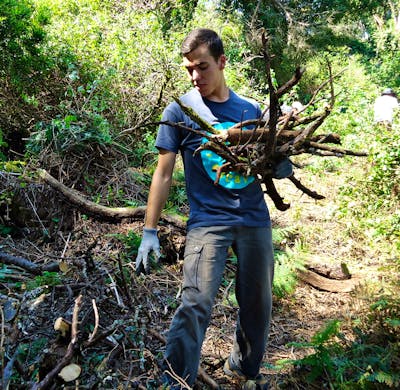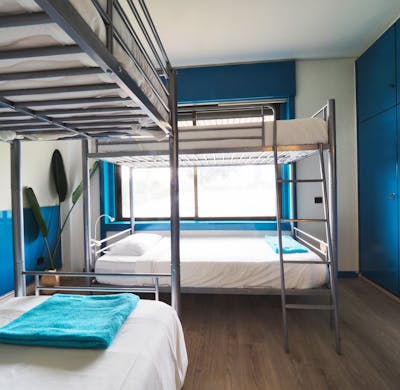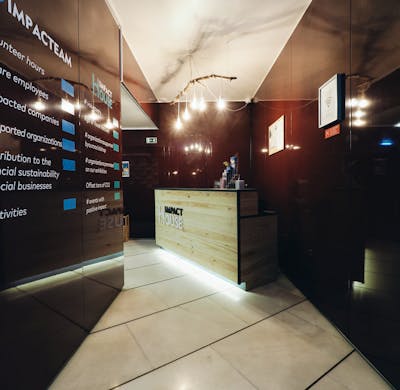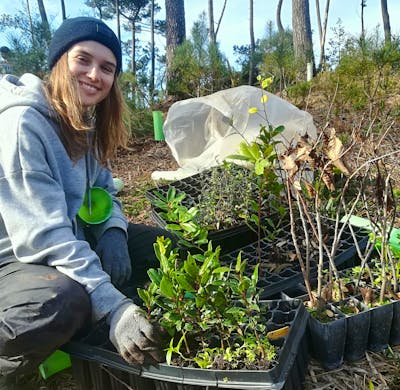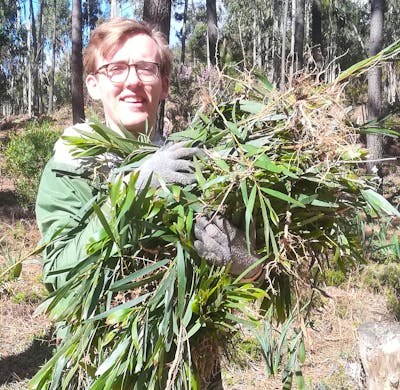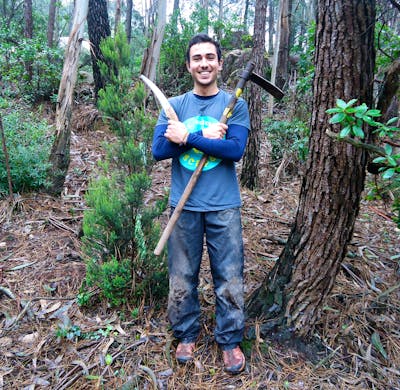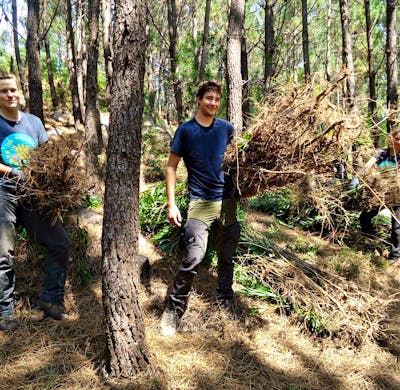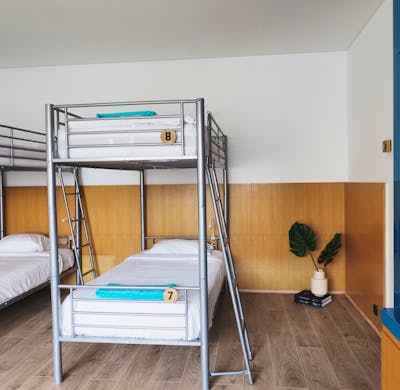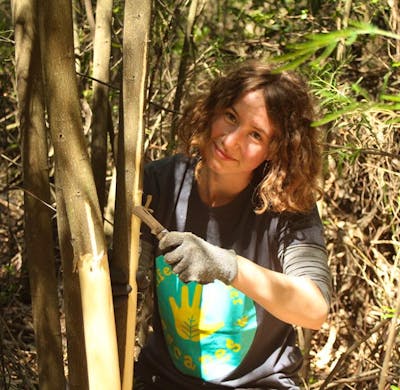2024 at Animal Care and Protection
from 1,415€
Forest Conservation
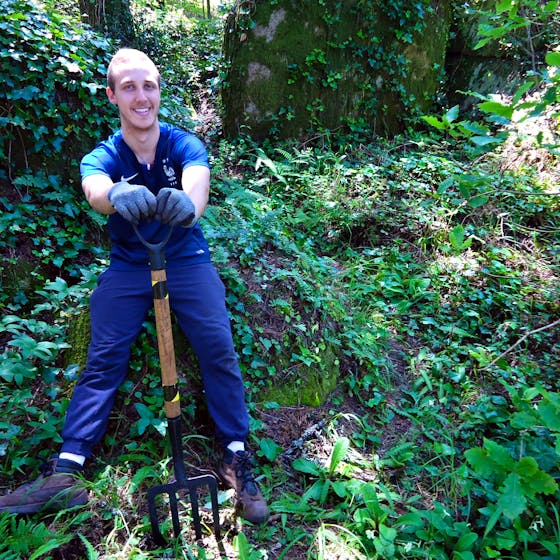
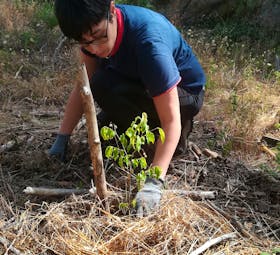
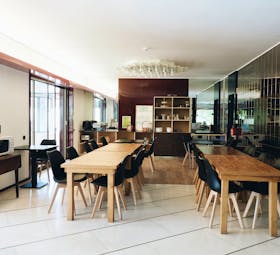

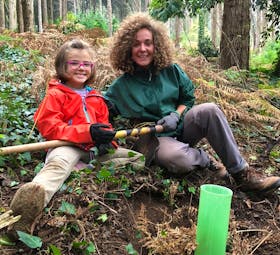
Highlights
- Contribute to a project very hands-on outdoor experience focused on regenerating the native forest of Portugal;
- Meet other like-minded volunteers from all over the world;
- Learn Portuguese and improve your communication skills;
- Have fun in beautiful Lisbon volunteers accommodation;
- Discover the wonders of the Portuguese Capital.
Especially suitable
About the program
The Forest Conservation program aims to implement initiatives that promote the ecological recovery of degraded areas through the restoration of native forests and species
Amongst others, forests and natural parks guarantee us a great diversity of ecosystem functions, such as the acclimatization, the conservation of natural resources, the control of soil erosion, the water regulation and water filtration, the recycling of nutrients, the formation of soil, the ...
Typical day
After the initial orientation, you will have a morning or afternoon shift at your placement and will work for approximately 3 to 5 hours per day. Please note that start times and daily workload depends on the project that you are participating in. A typical morning schedule is as follows:
08:00 | ...
Free-time activities
Lisbon is near the beach, near the mountain and is a great starting point to get to travel for the rest of the country.
Enjoy climbing in Arrábida, festivals all around the summer, diving in Peniche, hiking in Monsanto, visit some of the best museums in Europe in Lisbon and Porto, join for a horse ...
Requirements
What's Included
What's NOT included?
Details on arrival
This program starts every Sunday!
Program fees
Meet your organization

ImpacTrip
Agency - founded in 2015
Verified by Volunteer World
Coordinated by
Cristiana
About the project
65 reviews ·  4.2
4.2
Location

You might also be interested in
-
Lisbon
Planting Trees
Reforestation
50 Plus Volunteering
Projects Abroad
Mission Trips
Adults
Global Volunteer Opportunities
Nature Volunteering
Volunteer Trips for College Students
Couples
Best Volunteer Programs
Voluntouring
